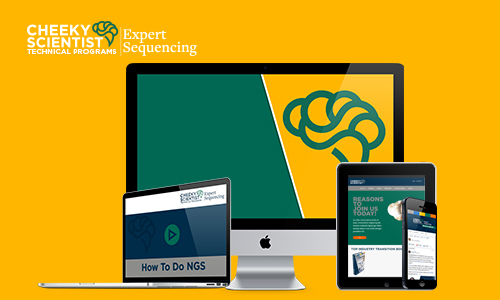
Streamline Your Next Generation Sequencing Experiments To Get Your Data Published, Funded, & Patented
Introducing the Expert Sequencing Career Library
Here's What You Get Access To When You Become An ExSeq Member
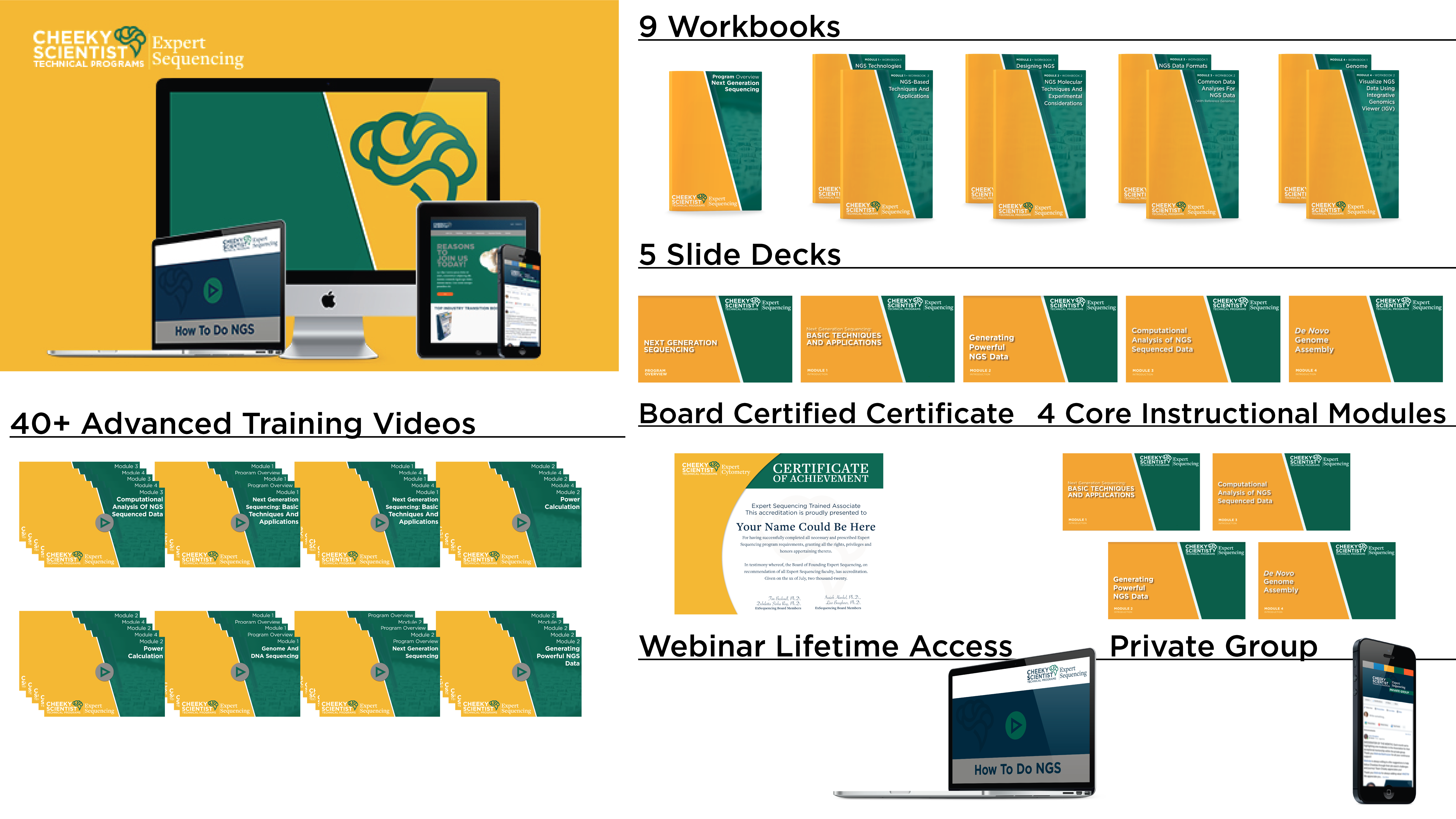
The Expert Sequencing Career Library Gives Scientists Like You Certainty So You Can…
- Assess the different approaches you can use to generate Next Generation Sequencing (NGS) data and determine which is the better fit for your research
- Understand the different applications of NGS so you can get the most profit out of your equipment and samples
- Anticipate problems that can occur during your experiments so you can address them and avoid wasting time and money in unproductive runs
- Learn the concepts you need to understand to ensure you have flawless experiments every time.
- Analyze the massive amount of data generated through NGS experiments so you can find insights within the noise.
- Master the different file formats and how to convert between them, how to do quality controls, and how to prepare data for downstream analyses.
- Assemble different genomes and understand what you should consider at each step of the process.
- Learn how to make sense of your newly assembled genomes.

“I love the applicable potential of the ExSeq technical program. The different methods of RNA and DNA sequencing, a critical aspect of NGS/omics that people often disregard, are explained thoroughly, which I really like. I think that the graphics are beautiful, and all the explanations are straightforward and written very well.”

“This material thoroughly explains the concepts and chemistries underlying the different sequencing platforms in a way that makes it easy to understand. This is very helpful for people just starting out with NGS techniques. The program includes a fair number of useful guidelines for successful experimental design and recognizing/overcoming sources of error. From experience, I can tell you that having such a resource in one place would have saved me many months of trial and error over the years. The ExSeq program provides a thorough look at some of the current industry-specific applications of the mentioned NGS technologies. This will be beneficial to those trying to determine where their interests intersect with the capabilities of NGS.”

“The Expert Sequencing program provides an amazing set of resources to ñearn about NGS, no matter if you are a beginner or already have some experience. Having all this information compiled in one place will prevent members from having to go from one site to another, searching information without any structure. I loved that the program includes a section covering errors in library preparation and common problems with each sequencing platform! This will help researchers to be prepared and know how to anticipate those problems. The last module of the program covers an impressive amount of information – bioinformatic tools, scripts, algorithms, software packages. Yet everything is well explained and synthesized in two easy to read workbooks.”
Whether You’re A Lab Manager Looking To Educate Your Students, A PhD, Or A Postdoc…
See If You Answer Yes To These Questions:
- Are you embarrassed by bad sequencing reads that poorly reflect the quality and effort invested in a research project?
- Are you frustrated because no one ever taught you (or your students) how to properly design an NGS experiment?
- Are you ready to put a stop to delayed research goals…that can be traced back to a poor understanding of how to use the NGS equipment you have in your lab?
- Are you tired of knowledge gaps that lead to wasted resources in the lab?
- Are you concerned that important research projects will never achieve the recognition they deserve…simply due to low sensitivity and specificity when sequencing your samples?
- Are you ready to experience more self-sufficiency in the lab…or help your colleagues be more self-sufficient?
- Are you ready to drive science forward with well-assembled and well-analyzed genomes that introduce scientific discoveries?
Next-Generation Sequencing Opens The Door To Solve Complex And Important Research Problems, Bringing New Insights To Life.
There’s Nothing Like A Well Assembled Genome Or A Crisp Transcriptome To Underscore A Scientific Breakthrough.
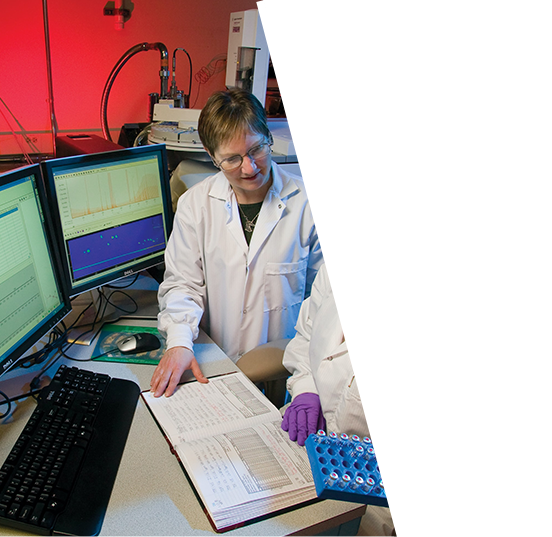
The Expert Sequencing Program Is For Scientists Who Want To:
- Stay Up To Date With Current Trends And Best Practices In NGS.
- Gain Advanced Knowledge Of NGS And Its Applications (Even If You’re A Beginner).
- Get Expert Information On The Different NGS Methods, Applications, Experimental Design, And Data Analysis.
- Learn How To Sequence Genomes And Exomes, Ensuring You Have Enough Coverage.
- Learn How To Avoid Mistakes During The Wet And Dry Lab Components OF NGS.
Join The Expert Sequencing Career Library And Get Practical Guidance To Unveil That Elusive Genome Sequence
With this career program, students gain more than an overview of NGS.
Each scientist gets insights that will help them troubleshoot actual challenges.
These career modules aren’t simply theoretical…they’re also very practical, explaining when you should use an NGS method over the other…or what are the best programs and formats to analyze and visualize your data.
You will also get access to exercises so you can see how the theoretical knowledge of the programs translates to real life.

This Step-By-Step Course Offers Value For Individuals Of Various Academic And Career Backgrounds…
It makes no difference if you’re…
- A core manager who needs to education your university students in NGS
- A lab manager who wants to help your research team be more efficient in the lab
- A postdoc who wants to generate ground-breaking data for their research project
- A PhD who wants to better understand what equipment and experience are needed before conducting research for a thesis
- A scientist who needs a refresher course in the basics of NGS
- An undergraduate student who has never Sequenced a sample before
- A new principal investigator who isn’t sure what research equipment to spend startup funds on to ensure they achieve high-impact results and gain tenure.
- A research professional who needs continuing education relevant to your field
…the Expert Sequencing Career Library provides fundamental NGS knowledge with step-by-step informative modules as well as advanced insights thanks to informative webinars.

“The Human Genome Project was launched in 1990, an international effort to sequence the whole human genome. By the time it was completed in 2003, it cost approximately $2.7 billion. Along the way, new technologies were developed and new ways of analyzing data were published. This project impacted medicine, bioethics, patent law, and more. It provided the first comprehensive opportunity to identify possible genetic causes of disease. Since that time, the DNA sequencing technology has progressed at a rate (as measured by cost per basepair) than Moore’s law would predict. Sequencing costs have come down such that whole genomes cost thousands of dollars and take days, not years. New techniques such as single-cell analytics provide researchers with a deeper understanding of disease processes, which are leading to the development of new cures. To perform a successful sequencing experiment requires planning and forethought, understanding of the strengths and limitations of different techniques that are used in modern NGS sequencing. Otherwise, the data that is generated will not be interpretable. Deepak Kumar, program leader of Expert Sequencing (ExSeq), provides the necessary information on how to design an NGS experiment. From the different methods of generating sequences, the steps in creating a library, to taking the resulting sequence reads and generating a complete sequence to annotate it and use it to generate more questions and answers. For those starting to use NGS as a research tool, this program will accelerate your understanding of this critical technique and help you get the most out of your experiments. If you have been using NGS for a while, you will learn new tips and ideas to further improve your design and interpretation of the data.”
3 Important Reasons To Join ExSeq

1. You’re Tired Of Wasting Valuable Time.
Whether you’re working on your doctoral thesis or you’re heading up a team of researchers investigating a life-saving treatment, you simply can’t afford to waste time on inefficient experiments. The reality is, every hour you (or your team) spend on troubleshooting a problem with NGS equipment is an hour you could spend accomplishing key research goals. The Expert Sequencing Career Library contains key information—information you need to streamline your experiments and move forward with your research project.

2. You’re Tired Of Wasting Valuable Resources.
Let’s face it. When you—or your team—lack the right knowledge about NGS, it’s easy to waste money and materials. Maybe you’re a postdoctoral fellow, and you discovered that you made a mistake when calculating the power of your experiment. Or perhaps you’re a core manager, and you’ve discovered that a student has sequenced a lot of contaminated samples. Solid NGS instruction can help you avoid situations that drain (expensive) resources.

3. You’re Tired Of Not Getting Results.
As important as it is to streamline experiments and avoid wasting materials—at the end of the day—a key goal of improving NGS execution is getting insights from your sequencing data. A well-assembled genome can underscore the novel insights your research has uncovered; however, bad coverage or power can keep you from that grant, patent, or published article. That’s why a big incentive for enrolling in the Expert Sequencing Career Library is getting results that impact your long-term goals.

“Next-Generation Sequencing (NGS) is a continuously growing and extensively utilized sequencing method used for clinical and diagnostics analyses in a number of academic and non-academic research labs worldwide. However, due to the consistent evolving nature of NGS techniques with new sequencing methods coming to market time after time, it becomes pertinent to have a platform where one can not only learn about NGS, but also keep track of the progress happening in the field. As a result, I developed the Expert Sequencing (ExSeq) program modules to provide a platform to the learners, irrespective of their scientific background to get a holistic understanding of the field and its intricate concepts. Having a dedicated NGS platform will help members to focus on the subject, improve their knowledge, and clarify respective sequencing and computational analysis queries on the projects pursued by them in labs anywhere in the world. A comprehensive collection of different NGS techniques, dos and don’ts for efficient NGS sequencing, and diverse bioinformatics analyses of sequenced data are among the various topics covered in the ExSeq program. While writing the content of ExSeq program, I focused on ensuring that the explanation could be well understood by all levels of researchers, students, and medical science professionals. I hope that after completing the ExSeq course, members will better perceive and effectively apply the concepts of NGS and bioinformatics approaches in deriving significant and meaningful interpretation of NGS sequenced data. ”
Too Many Scientists Falter When It Comes To Working With NGS And Its Application.
In Fact, They May Have A Difficult Time Answering The Following Questions…
- Can you list at least 3 NGS techniques and explain the various pros and cons they offer?
- Do you know what is the power of an experiment and how to estimate it accurately?
- Can you outline the difference between specificity and sensitivity?
- Can you name the different formats in which you can store your NGS data and what application are best suited for each?
- Can you articulate what aspects you should consider when sequencing prokaryotic vs. eukaryotic organisms?
- Can you explain the concept of de Novo genome assembly and how to perform quality control during this process?
- Can you identify the right steps to perform and validate a genome assembly?
The Reality Is, Many Scientists Have Knowledge Gaps That Negatively Impact Their Ability To Capture High-Quality Images.
Here Are Three Reasons Why This Occurs…
- Smaller institutions simply can’t afford to provide the necessary Career Library. In smaller higher education centers, resources require careful allocation, and procuring quality NGS equipment—in and of itself—is a major investment. And the fact is that hiring a full-time core director to guide students and field their questions is an expense that some universities simply can’t afford. The result? Scientists are under-equipped for more complex research…and struggle to transition into industry positions that require a better understanding of all aspect of NGS.
- Even well-known universities, institutions, and companies fail to provide important NGS education. Just because a university is a science hub… it doesn’t mean it provides comprehensive guidance for groundbreaking and complex techniques such as NGS.
- Even if an institution offers some support, it may only deliver theoretical guidance and may fail to offer enough information to make an impact for scientists.
- Scientists are afraid to get help. Let’s face it. When you’re a graduate student, it’s a bit daunting to lack NGS knowledge. Your elevated academic standing makes it embarrassing to not know why you might be getting reads from a different species to the one you’re studying. Scientists need answers to their questions, but imposter syndrome makes them afraid of being judged…so they keep silent about their knowledge gaps.
An uneducated mistake can cost a university thousands of dollars.
An uneducated mistake can cost researchers the chance of getting published.
An uneducated mistake can cost industry labs valuable time and resources.
For Example…
- A graduate student who lacks experience with NGS equipment may spend hours simply trying to learn the basic mechanics of his or her device…which keeps them from focusing on the research project at hand.
- A PhD candidate might choose the wrong samples for a sequencing experiment…leading to time wasted on needless troubleshooting, which also delays an important thesis deadline.
- A postdoc may neglect to save the raw data from an experiment. And—when the editors at a scholarly journal question their ethics and methods—there’s no evidence to validate their time-consuming research. In turn, an important publication is lost.
- A new research scientist might choose a low coverage when sequencing a new genome…causing the results to lose their value for the experiment.
As you can see, having a poor foundation in NGS can keep you—or your organization—from quickly achieving key goals for your thesis, patent, or funding project.
In contrast, solid understanding of NGS can accelerate how quickly you reach your objectives.
An Understanding Of NGS Principles Can Mean…
- The difference between an efficient lab or wasteful practices.
- The difference between a read image or a stellar one.
- The difference between winning scholarly recognition or having top-tier journals pass your research by.
The good news is, you no longer have to settle for poor reads a low coverage.
You can give yourself or your students/research team a solid foundation in NGS with…
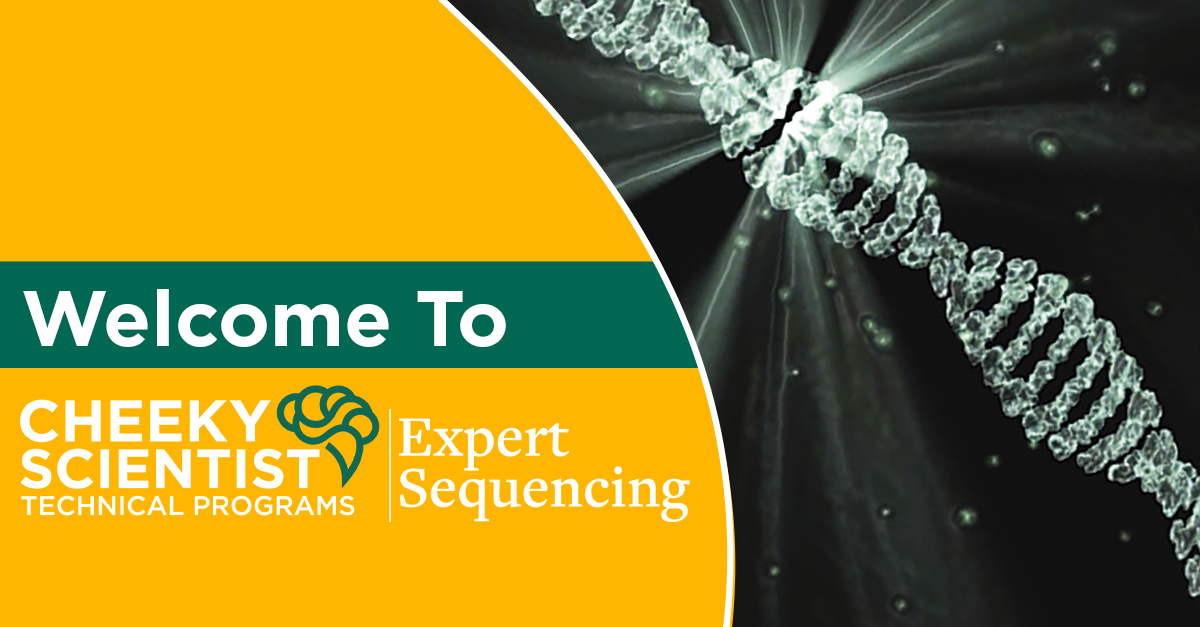
The ExSeq Private Group Provides Targeted Support
This Career Library’s Private Group Allows Scientists To Ask NGS Questions Freely
Whether you’re a graduate student or a core manager, the Expert Sequencing Career Library is here to replace embarrassed silence with helpful support.
The beauty of the Expert Sequencing Career Library is that scientists get instant access to a private group…
Where they can ask their questions freely.
Whether a scientist is having difficulty achieving good results or doesn’t know which script is better to analyze their raw data, this exclusive group provides a safe forum to voice any challenges and enjoy sharing triumphs.
And there’s no need to worry whether others have access to this group.
Only fellow Exper Sequencing scientists and approved moderators will be able to see and respond to messages.
Those Who Complete The Expert Sequencing Career Library Can Expect Career Library Validation From Our Board
Each member who completes the course materials will receive validation signifying that he or she is an expert in NGS. All Expert Sequencing Career Library scientists are welcome to leverage this acknowledgement to strengthen their resume and LinkedIn profile.
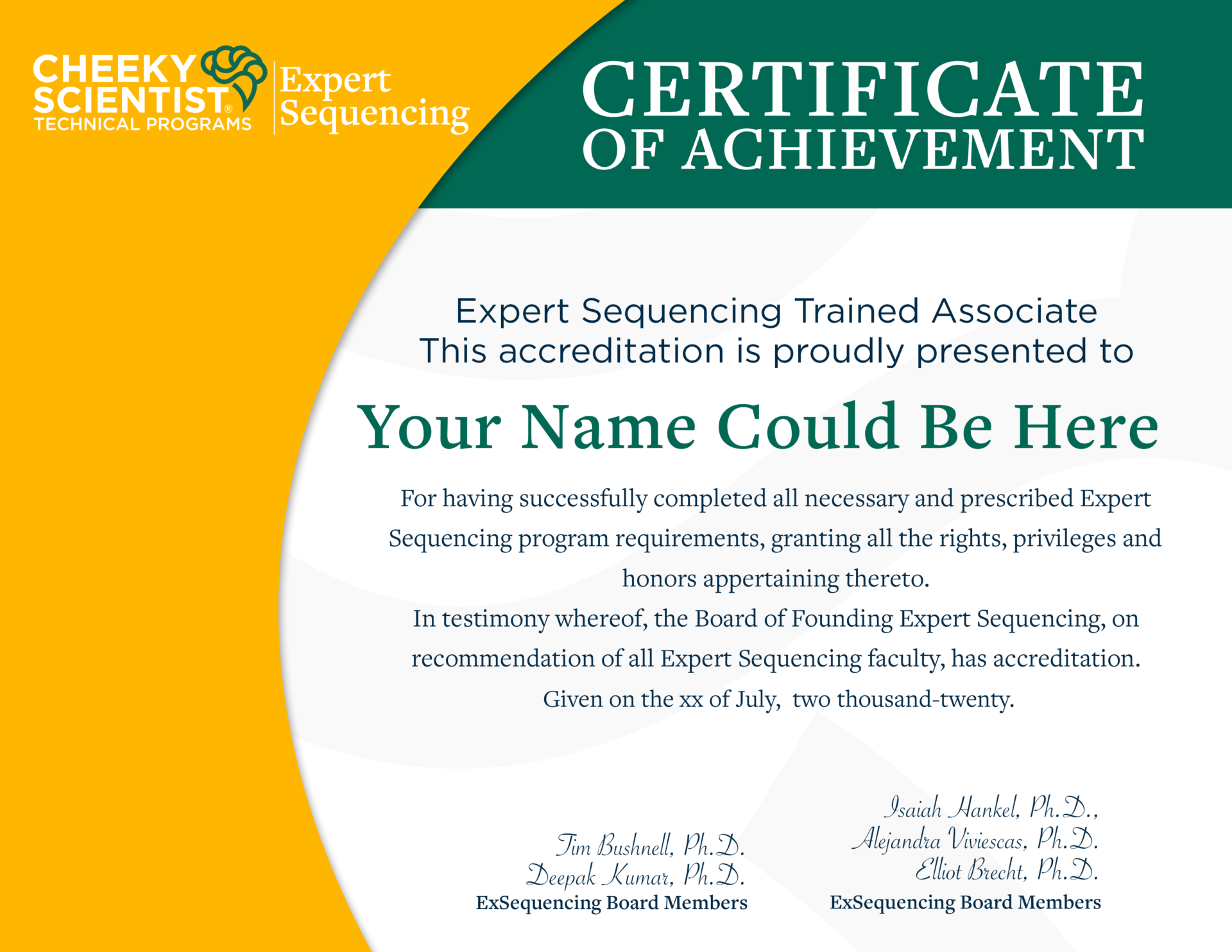
What’s Included In The Expert Sequencing Career Library?
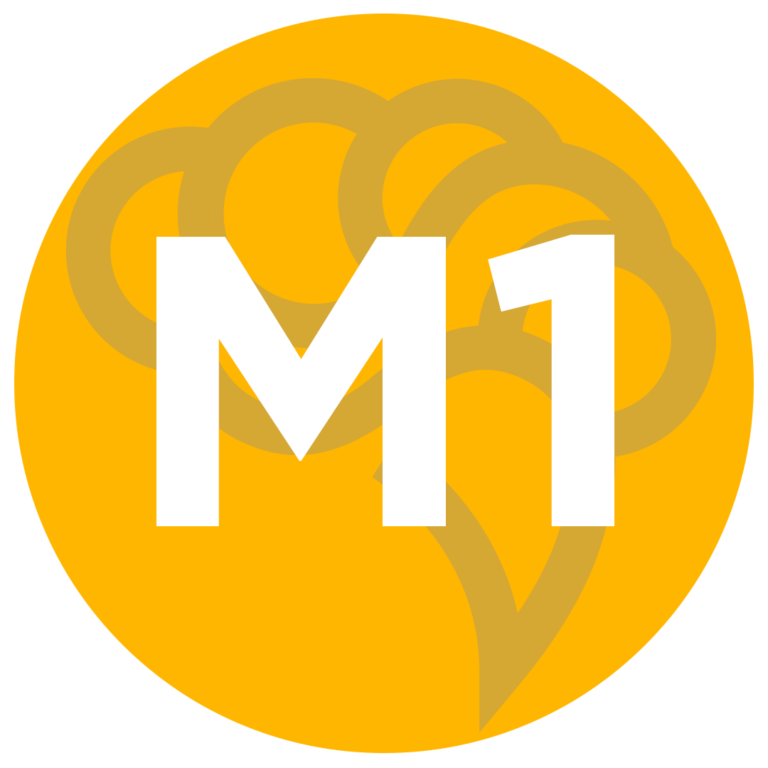
Module 1: Next Generation Sequencing, Basic Techniques, and Applications
Next generation sequencing (NGS) is a rapidly evolving technology that has opened a new era of scientific innovation. In this module, you will learn the basic principles underlying this technology and its wide variety of applications.
Get ready to dive into…
- The processes that take place during the library preparation, cluster generation, sequencing, and data analysis steps of NGS.
- Common NGS technologies (Illumina, Pyrosequencing, Ion Torrent, and SOLiD). In this module, you will take a deep dive into each technology to learn how each achieves the different steps of NGS and how it affects the final sequencing output.
- 4 advantages that NGS has over Sanger sequencing beyond being faster and cheaper per base pair that broaden its uses.
- Applications that rely on NGS including Whole Genome Sequencing (WGS), Whole Exome Sequencing (WES), RNA sequencing methods, High-Throughput Epigenetic Profiling, and more.
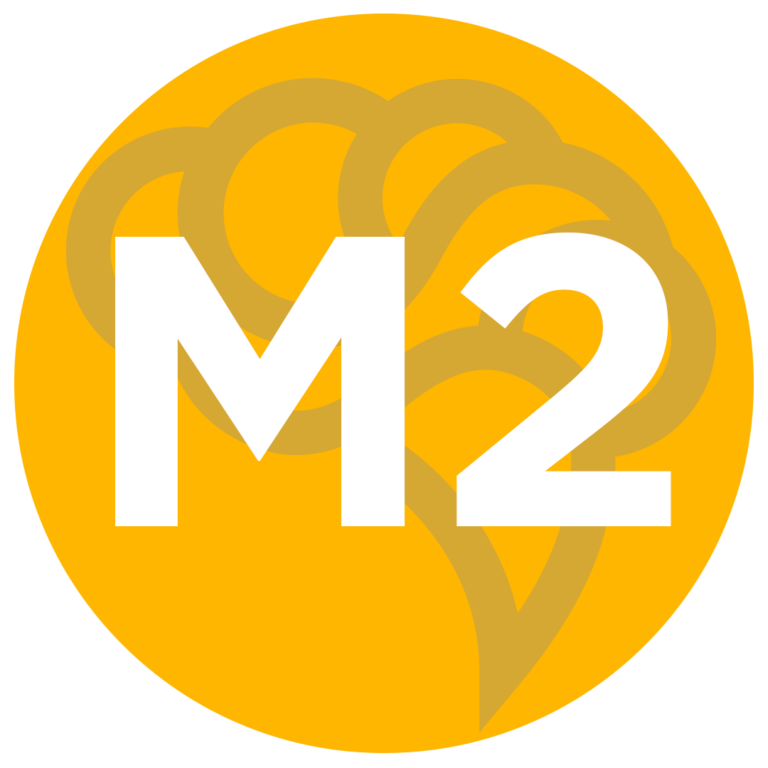
Module 2: Generating Powerful NGS Data
The key to a successful NGS experiment is to anticipate problems and address them before you even get started. In this module, you will learn what to consider when you design and execute an NGS experiment so that you don’t waste $20,000 on an unproductive run.
Get ready to dive into…
- The concepts of sensitivity and specificity and how to use them to calculate the power you need to obtain through the design of your NGS experiment.
- Sources of error in NGS experiments, including library-preparation phase errors, batch effects, sequence platform-specific errors, and more. Specific steps can be taken to assess and/or address these errors.
- Considerations and possible methods for the sample and library preparation process as well as 9 cautions to take during these steps.
- Sequencing parameters such as single vs. paired-end runs, read length and number of reads, and depth of coverage that one should consider during sequencing steps.
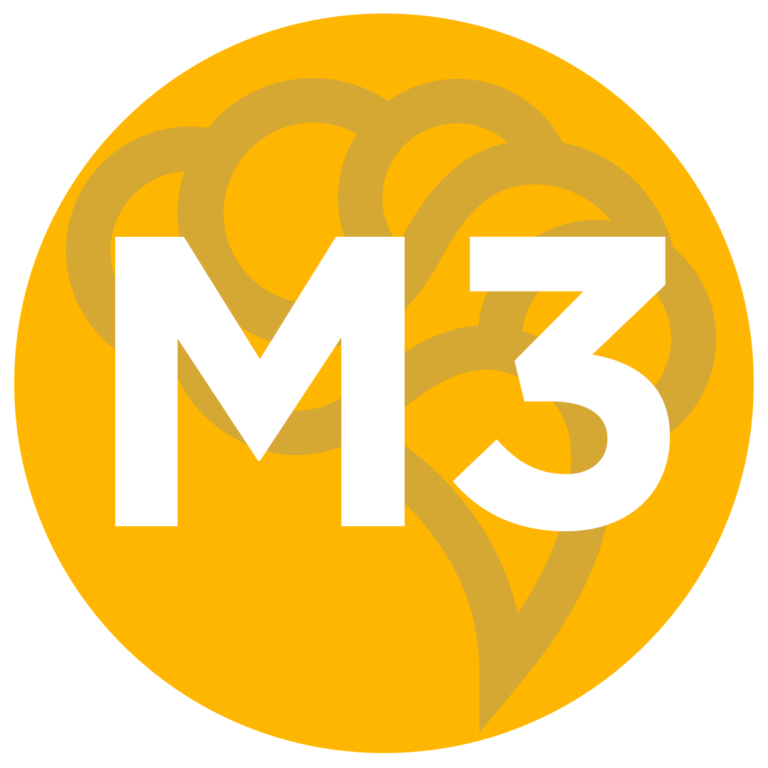
Module 3: Computational Analysis of NGS Sequenced Data
NGS experiments produce massive amounts of data that require programming scripts to analyze effectively. In this module, you will learn about sequencing file formats, how to do quality control (QC) and prepare data for downstream analyses, and how to do a few basic kinds of sequencing analyses.
Get ready to dive into…
- FASTQ, FASTA, BAM/SAM, GFF/GTF, BED, and VCF Sequencing Formats. How to convert between these formats.
- Programs such as SAMTools, BAMTools, SPAdes, and FASTQC you can use for NGS data analysis.
- Quality control, Reference Genome Indexing, Variant Calling, and Variant Annotation steps of sequencing analysis and programming scripts for executing these steps.
- Statistical and gene expression analysis using NGS data.
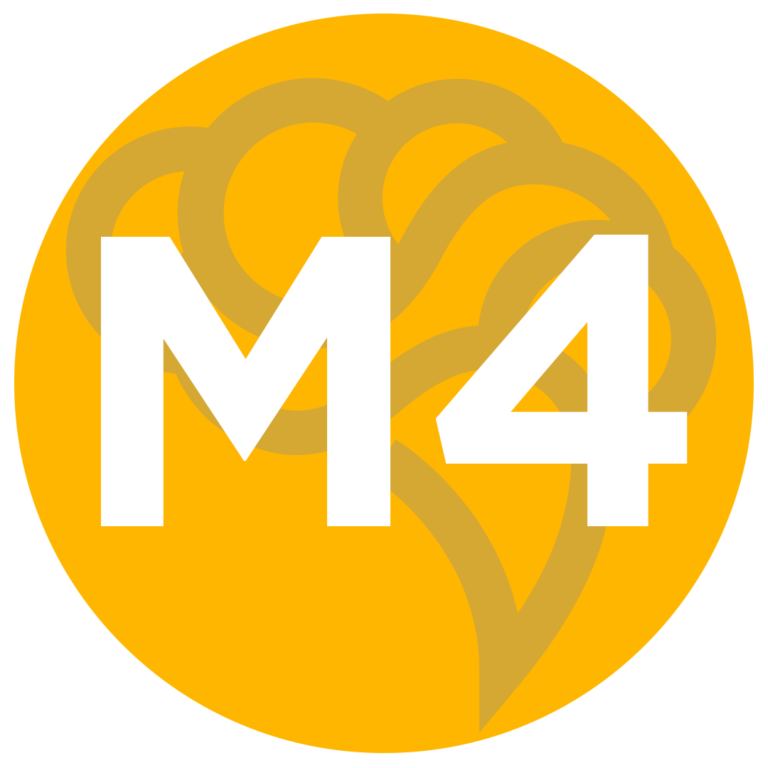
Module 4: De Novo Genome Assembly
If you sequence DNA obtained from a species for which there is no reference genome sequencing, you will have to perform a de novo genome assembly. In this module, you will learn how to overcome the unique challenges you will face when performing this task using NGS data as well as how to visualize your results.
Get ready to dive into…
- The 8 steps of genome assembly from FASTQC to gap-filling. The De Brujin Graph Assembly, which is currently the fastest and most accurate method for completing these steps.
- The different challenges involved in phage, prokaryotic, and eukaryotic genome assembly as well as how to address them.
- Gene prediction and annotation to make sense of de novo assembled genomes.
- The Integrative Genomics Viewer (IGV) for visualizing data, detecting false variants, and performing other forms of manual characterization and curation.
As Soon As You Join ExSeq, You Will Also Get Immediate Access To The Following…
Understand the essentials of NGS—from what technique to choose to how to add your sequenced genome to a public repository. Whether you need a resource to share with your university students or you’re a postdoc who needs better support, you’ll find our course doesn’t assume students have a strong background in NGS—providing straightforward, easy-to-understand guidance.
- Lay a solid foundation for the rest of this course by understanding the general aspect of each NGS technique. The program starts by explaining the wide range of NGS methods and how they compare to each other…helping scientists know what to expect in a lab.
- Strengthen your understanding of the principles underlying a trustworthy sequence. This program covers concepts such as Sensitivity, Specificity, Type 1 and 2 errors, and other essentials for helping students sharpen their abilities in capturing high-quality images.
- Get the facts on how to prepare a sample that will yield high-quality sequences. Career Library members will receive important instructions for how to prepare samples, evaluate sample quality, assemble different types of sequences, analyze NGS data, and more.
Understand the nuances of sequencing and assembling genomes, transcriptomes, and others. No matter how much effort a scientist puts into a sequencing project, the quality of a sample can reflect the quality of his or her research—either positively or negatively. And the problem is, getting a high-resolution genome sequence isn’t as simple as following a 3-step process. Securing excellent sequences depends on a number of factors.
- Get information to decide how to prepare a sample to get the best possible final results. It’s important to realize that everything from the technique used to the computational analysis chosen matters. You’ll find this course is helpful for making strategic NGS decisions…before commencing research.
- Dive into the topic of genome assembly, taking a close look at then essential step of the sequencing process. Explore how it is different if you are working with Eukaryotes or Prcaryotes and what you should consider for each.
Gain a dashboard that hosts all the course materials—including your workbooks, module videos, and more. With the Expert Sequencing Career Library, it only takes a simple login to access all your course resources for learning a new concept or brushing up on a lesson.
- Reinforce what you have learned with video transcripts and workbooks. The resources in this Career Library accommodate different learning styles and the variety of situations students might encounter. Members can listen to MP4s while driving to the university or review their video transcripts while taking a lunch break.
- Leverage workbook exercises to test your newfound NGS knowledge or to assess where your students/researchers are at in their learning journey. Each module contains some exercises to test comprehension of the course materials—as well as a module exam.
- Members who complete all course materials will receive career track validation from the Expert Sequencing Career Library board. With this validation in hand, members can strengthen their LinkedIn profiles, add additional qualifications to their resumes, or assure a potential employer at their next job interview that they understand microscopy principles.
Gain access to the Expert Sequencing Career Library course, resources, and membership to the private online group. There’s no need to worry that there are only a few months to absorb the material presented in this online program. Instead—at their own pace—members can review this career library over and over again until they’ve mastered the material.
- Share your challenges, chat with colleagues, and stay connected with fellow members in the private group. Members who’ve completed the course will still be able to interact with other members in the group or ask our board members advanced NGS questions.
- Get advanced insights, thanks to continued-learning webinars. This course includes a season pass to the Expert Sequencing Career Library’s webinars. From single-cell sequencing to medical applications of NGS, these sessions can deepen your understanding with additional education on advanced NGS topics.
Frequently Asked Questions…
WHEN DOES THE EXPERT SEQUENCING CAREER LIBRARY START?
This program will launch in July 2020. Once the program launches, you will get immediate access to all the materials, as well as the private group. You’ll find that these courses are on-demand—so there’s no set pace or schedule you’re required to follow. Every student can choose the place, time, and setting of his or her education.
HOW DO I ACCESS THE COURSE MATERIALS?
Once you enroll in your program, you’ll get a message from our team giving you access to the dashboard and the URL you can use to set your credentials and access all of your materials.
WHAT IF I MISSED AN ADVANCED WEBINAR?
No worries! We record each webinar, and your season pass gives you the ability to access these advanced mentoring sessions at a later date.
HOW LONG DO I GET ACCESS TO THE EXPERT SEQUENCING PROGRAM?
We currently offer two membership options. You can either purchase our year membership, which will give you access to all the Expert Sequencing Career Library materials for one year or you can purchase an extended membership, which will give you access to the Expert Sequencing Career Library materials for as long as you like, which gives you (or your students/researchers) plenty of time to access our materials and review them again and again.
Who ExSeq Is NOT For…

It’s NOT For Those Who Know Everything About NGS
This is the graduate student who thinks he or she is an expert in NGS. Or the core manager or lab manager who’s proud of his or her accomplishments—and expects his or her subordinates to attain to the same standard without providing support.
The problem is, a self-confident attitude will stunt academic learning. And a haughty attitude can stifle the intellectual curiosity of a research team.
The reality is, it’s easy for highly qualified individuals to specialize in a subset of science…without receiving guidance focused on NGS.
So, if you’re a student or researcher who’s pretty confident in your NGS knowledge…
Or if you’re a manager who expects your subordinates to get it right the first time…
Then the Expert Sequencing Career Library is simply not for you.
The Expert Sequencing Career Library can only help students who demonstrate intellectual humility or managers who believe in supporting the growth of their team.

It’s NOT For Those Who Dislike Applied Science
Passionate about reading scholarly journals…but hate venturing outside the theoretical realm to apply scientific concepts?
If this sounds like a description of your attitude…
Then the Expert Sequencing Career Library is probably not for you.
NGS requires you to take action. You need to understand your goals to come up with an experimental design that will get results. You need to be willing to spend some time in the wet lab, doing computational analyses, or both.
NGS isn’t for academics who dislike experiments or scholars who prefer to spend their time reading papers.
The Expert Sequencing Career Library is about the hands-on application of science to help NGS users achieve faster, better experiments.

It’s Not For Scientists Who Are Happy With Subpar Results
This kind of person isn’t difficult to spot.
It’s the PhD who doesn’t mind sequencing a genome with low coverage…so long as they can complete an assignment. Or the core manager who doesn’t mind cutting corners or watching students struggle…as long as they continue to enjoy a secure position at the university.
If this describes you, then you need to look for a different solution than the Expert Sequencing Career Library
Our course is suited to help graduate students and researchers understand important principles of NGS…so that they achieve their goals, streamline their experiments, and bring new scientific breakthroughs to light.
If you’re willing to settle, then there’s no need to improve your foundational knowledge—or those of your students—with this course. It simply isn’t for you.
Get Access to the Expert Sequencing Career Library & Network
If you’ve made the choice to improve critical NGS knowledge with the Expert Sequencing Career Library…welcome!
Whether you’ve enrolled to educate your university students, bring a new research team member up to speed on best practices, or simply improve your own NGS knowledge…
You’ll find your Expert Sequencing Career Library provides practical instruction in this important research foundation.

Tim Bushnell, PhD
Flow Cytometry Resource Facility Director At University Of Rochester And Founder Of Expert Cytometry

Deepak Kumar, PhD
Advanced - Application Engineer (Bioinformatics) At Agilent Technologies And Founder Of Expert Sequencing

Orly Levitan, PhD
Senior Project Manager at HYGIEACARE Inc.

Donald Nelsen, PhD
Scientist, NGS and Sanger Sequencing at WuXi Advanced Therapies

Elisabet Ortiz-Tudela, PhD
Field Application Scientist at Diagnostica Longwood
We help PhDs from every discipline get into many different types of careers, including Expert Sequencing.
We show you how to leverage the skills you already have to get hired into a myriad of industry jobs, including Expert Sequencing.
We show you how to get the job, not how to do the job because each company has their own proprietary systems and will teach you how to do the job through on-the-job training.
But, before you can get this training, you have to get hired first.
That’s where we come in.
We will guide you on how to use your PhD to get hired into Expert Sequencing.
